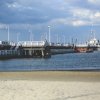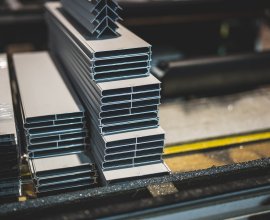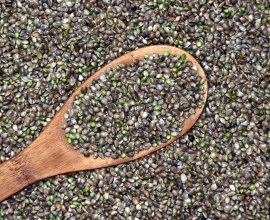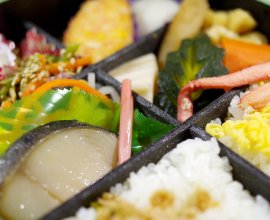Agricultural and food products occupy an important place in Polish exports - they constitute 13.2% of all goods sold abroad.* Their transport, especially in the category of fresh products, is, however, a major logistical challenge, among other things, due to the necessity to meet strict standards. A fully automated temperature monitoring system for the transport of goods was developed by Poles from Blulog.
The value of Polish exports in 2016 amounted to EUR 183.6 billion, which means an increase of 2.3% compared to the previous period (Ministry of Agriculture and Rural Development data). An increase was also noted in the category of agri-food products, whose sales abroad jumped by 1.2%, reaching a total value of 24.2 billion euros.
The domestic producers sell their goods not only within the European Union, but also decide to export to more exotic countries. And here, Poland is recording - in many distant locations - very large increases. For example, the total value of agricultural and food goods sold in 2016 increased in Poland:
- Saudi Arabia by 43%,
- Hong Kong grew by 48%,
- South Africa by 62%,
- Nigeria by 67%!
compared to the previous year.
Losses can be limited
The interest in Polish products in remote corners of the world also concerns fresh products, such as: fish fillets (increase of sales abroad by 19%), fruit juices (+ 14%), pork meat (+ 12%), sausage (+ 11%) or poultry meat (+ 8%). Their transport is a great challenge for the logistics industry due to the strictly defined conditions under which the indicated goods must be transported.
For example, the recommended temperature range for fresh fish and meat is between 0° and 4° C. Each increase in temperature leads to an intensive multiplication of Listeria, a dangerous bacterium which doubles its population every 6 hours at 10 ̊C. The longer the journey, the greater the probability of irregularities, which can lead to a decrease in the quality of the product and its spoilage. Delivery to some parts of the world, such as the Far East, can take up to three weeks! Every day without a meticulous control of transport conditions is therefore a risk of real losses. How do Polish suppliers protect themselves against them?
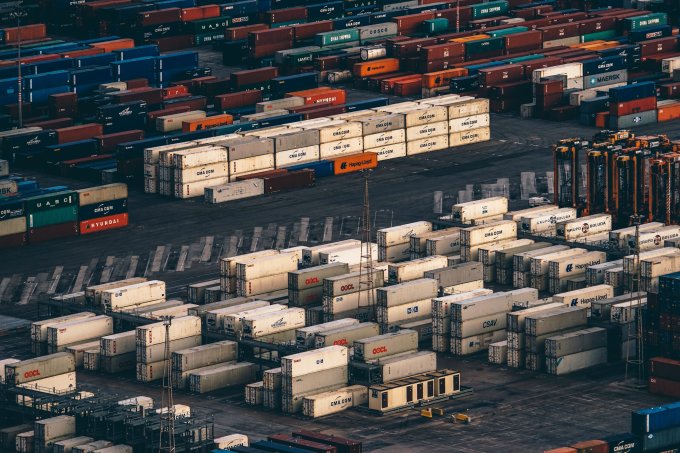
Specialist solutions used in long-distance transport include: cold stores, isothermally insulated spaces, trailers equipped with so-called air ducts, ventilation flaps. However, this is only half of the success, because the transported goods - apart from securing them - should be supervised at every stage. This is to guarantee both parties - the supplier and the recipient - full information about the conditions of transport when the transaction is completed.
Polish way to monitor temperature
The Polish-French company Blulog boasts a solution that meets the needs of the industry.
- Our system is based on machine to machine technology, i.e. communication between devices, which enables fully automatic measurement process. The temperature of the transported products is under constant and strict control, the measurement itself is wireless, in real time and you can react immediately to any deviations," says Jérémy Laurens, Sales and Marketing Director at Blulog. Depending on your needs, you can choose between two types of technology - NFC (fast, short range data transfer) and RF (radio data transfer). - Radio data recorders first store the data in a network-connected concentrator from where it goes to the cloud and then automatically send it as an SMS or e-mail notification, adds Jérémy Laurens from Blulog.
The patent of the Polish company Blulog is already working well in the local, Polish and European markets. It is already used by companies in France and one of the largest forwarding companies in Poland.
Source of data:
Ministry of Agriculture and Rural Development (data for 2016)
Agricultural Market Agency (data 2015-16)




